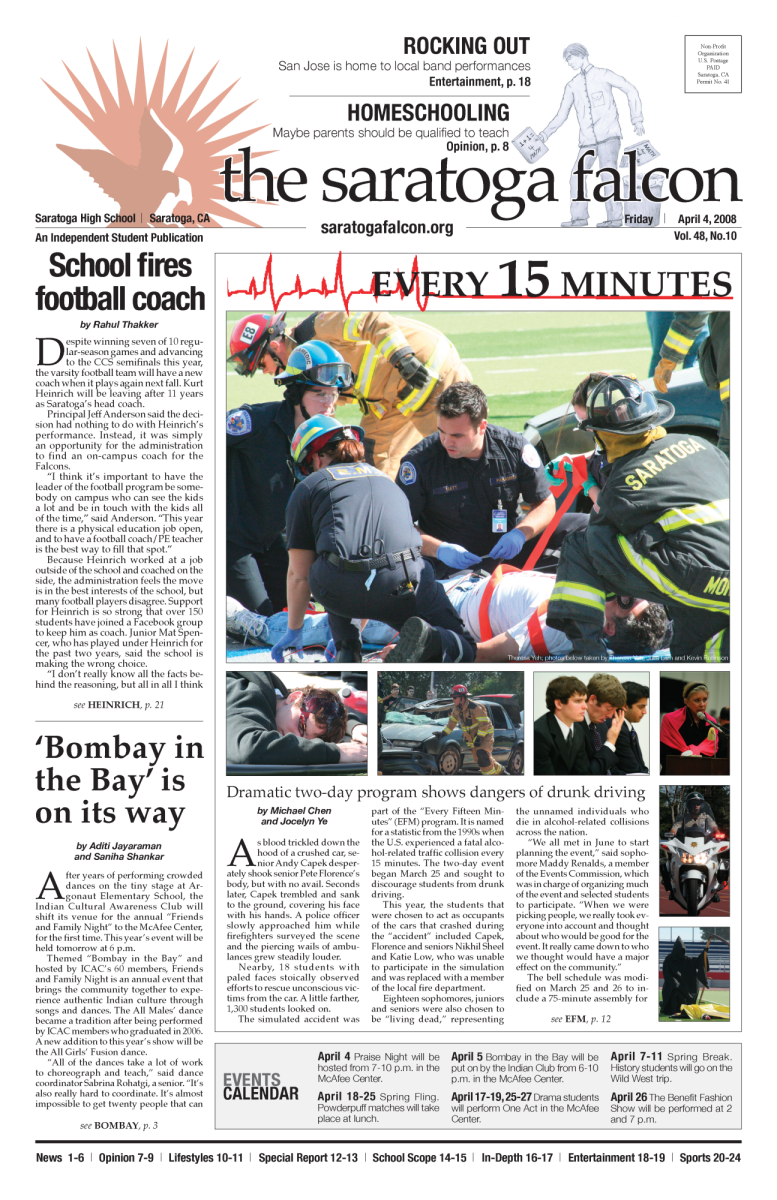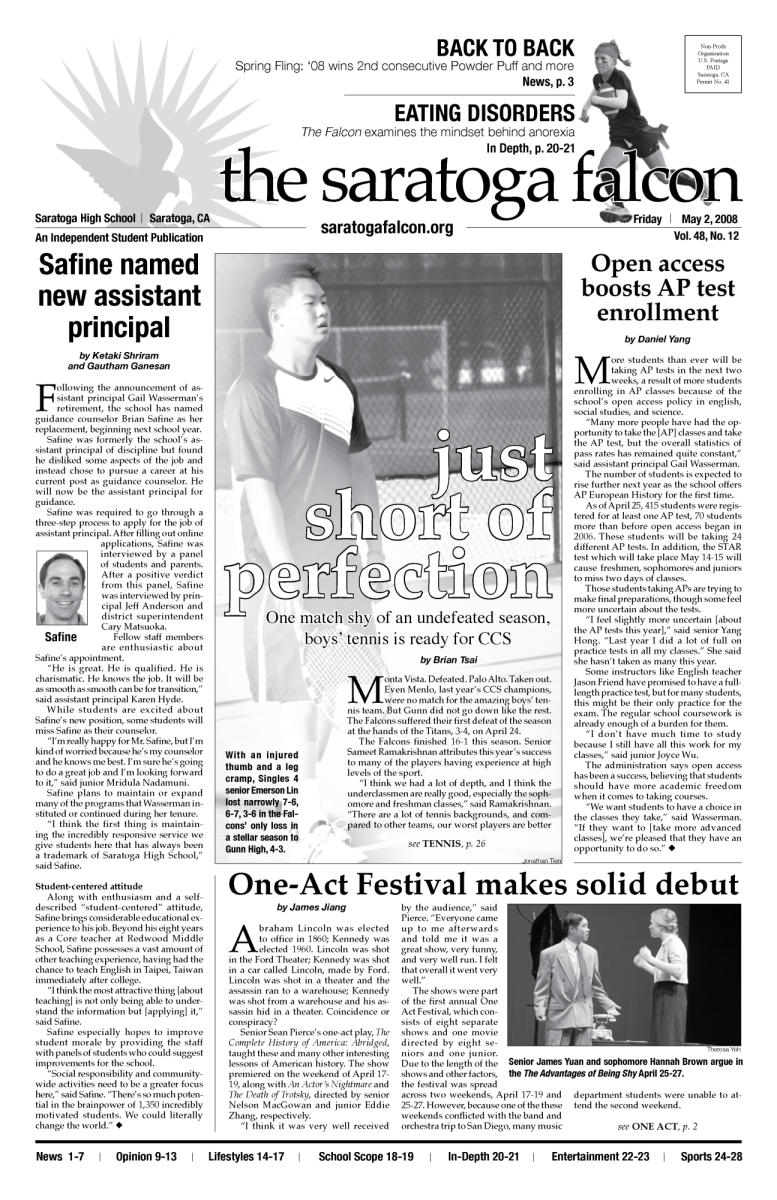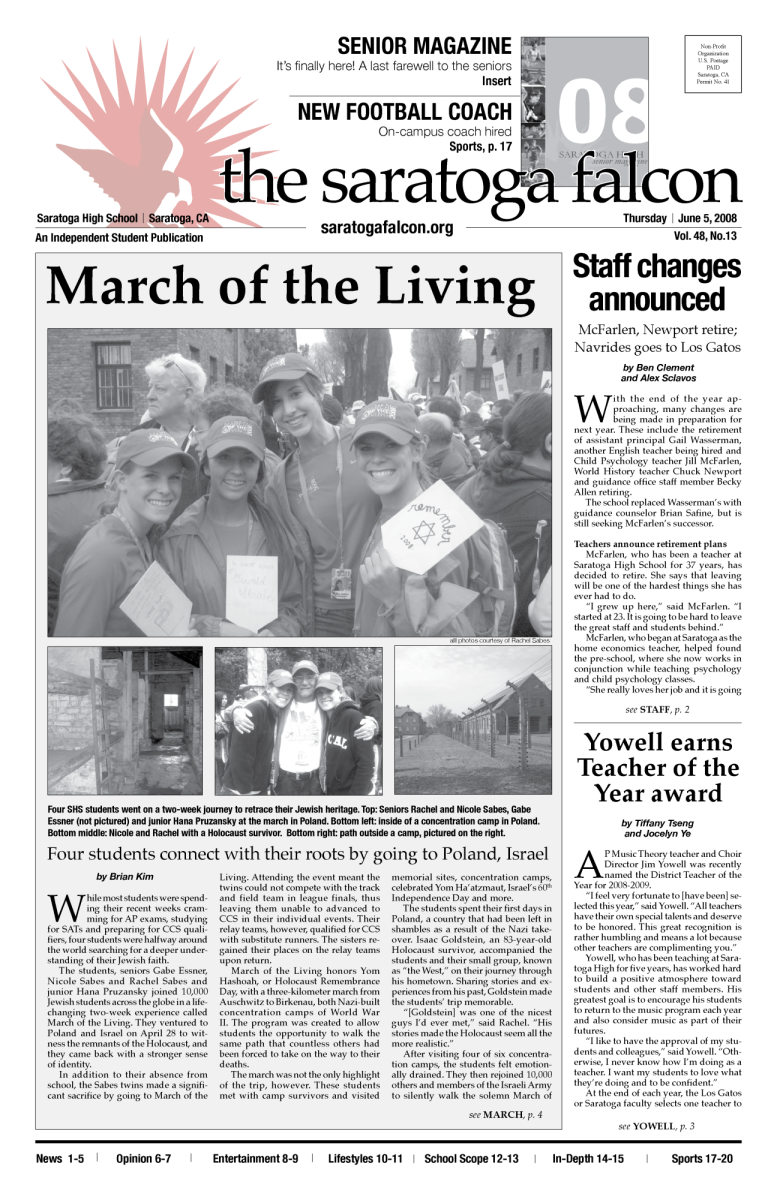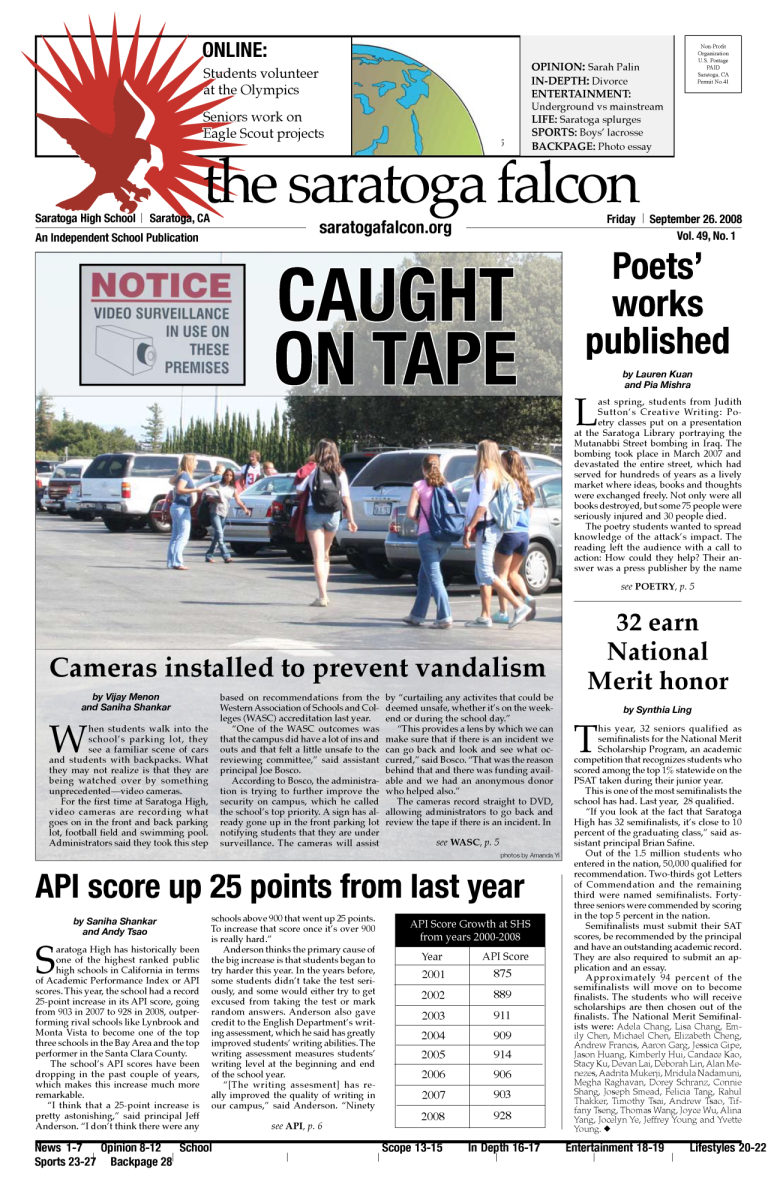The generally negative perspective on drugs seems to change when the topic of marijuana arises among high schoolers. Unlike “hard drugs” such as cocaine and methamphetamines or even cigarettes, weed, Juuling and alcohol are viewed as recreational drugs that don’t appear to have negative health benefits when used in moderation.
According to the website DrugRehab.com, 45 percent of American high schoolers have used marijuana, and 70 percent of high schoolers don’t consider this drug to be harmful. CBS news stated that an alarming 78 percent of teens have tried alcohol, and 21 percent say they have vaped.
However, several studies researching the effect that these recreational drugs have on adolescents prove that usage has serious negative impacts on its users.
Marijuana causes short-term cognitive impairment and is associated with long-term negative consequences.
According to the American Academy of Pediatrics (AAP), memory, judgment and reaction time diminishes with the use of marijuana. In addition there is an increased level of unintentional deaths caused by automobile accidents. According to CNN, Oregon and Colorado’s car accident rates spiked 6 percent after the states legalized marijuana.
Marijuana’s health impairments go beyond short-term problems. The Foundation for a Drug-Free World states that using the drug consistently can lead to significantly reduced IQ levels, a greater chance of unemployment as well as an increased difficulty with performing complex tasks.
Because the brain isn’t fully developed until the mid-20s, using marijuana has a significant effect on the prefrontal cortex region of the brain which controls judgment and decision-making.
The National Institute on Drug Abuse states that being exposed to marijuana at such a crucial age for development alters the brain’s dopamine levels. This can lead to future vulnerability to harder drugs.
Alcohol, another so-called rite of passage for many high schoolers, is an even more dangerous drug.
DrugRehab.com stated that 4,300 adolescents die each year from excessive drinking. In fact, 25 percent of car accidents among high schoolers involve alcohol.
Abusing alcohol during teenage years can also seriously damage the developing brain. Along with being more sensitive to the effects of alcohol, teenagers involved with alcohol are at risk for significant damage to the hippocampus which is responsible for learning and decision-making.
Another danger of binge drinking is the risk of blacking out. When blood alcohol levels spike, the brain struggles with processing short and long term memories. This memory loss associated with binge drinking is called a blackout. If a person is blacked out, they can still engage in conversations and continue to make decisions. Blackouts are extremely dangerous, as they can lead to car accidents, sexual assault and other potentially life-harming or risking consequences.
Although taking part in recreational drugs such as marijuna and alcohol may initially seem calming and enjoyable, it has nothing but downsides. Doing drugs, even those looked upon as “harmless” such as weed, should not be the path that high schoolers take to let loose and have fun.



























